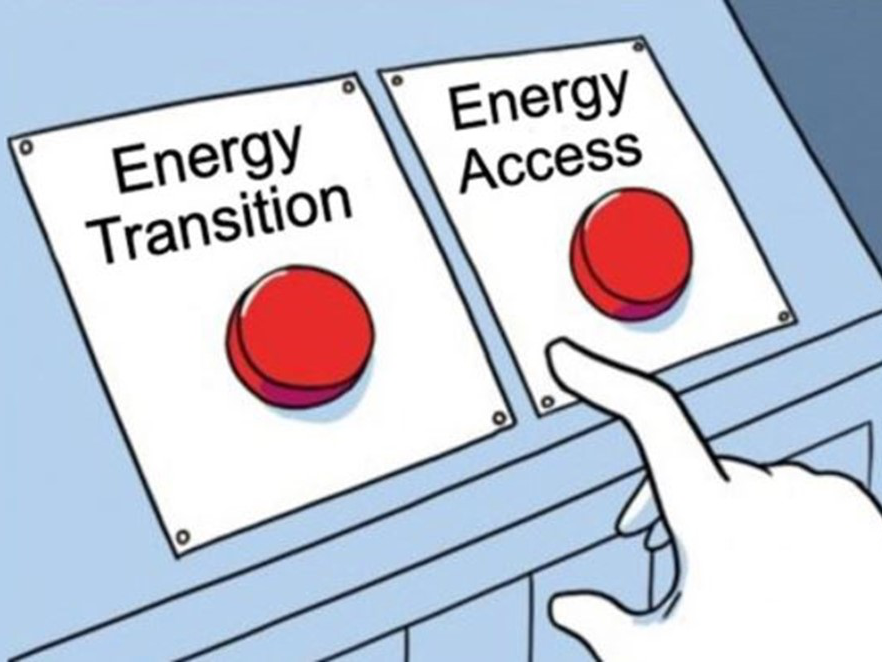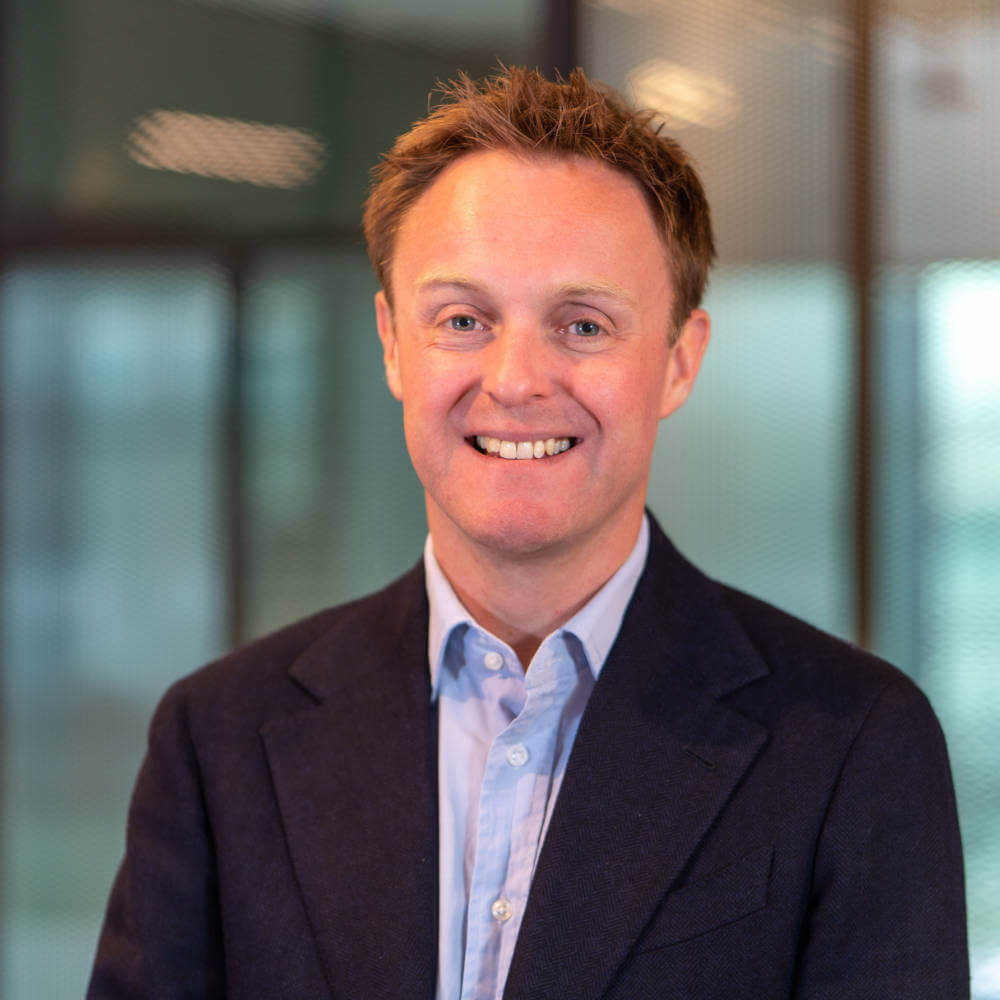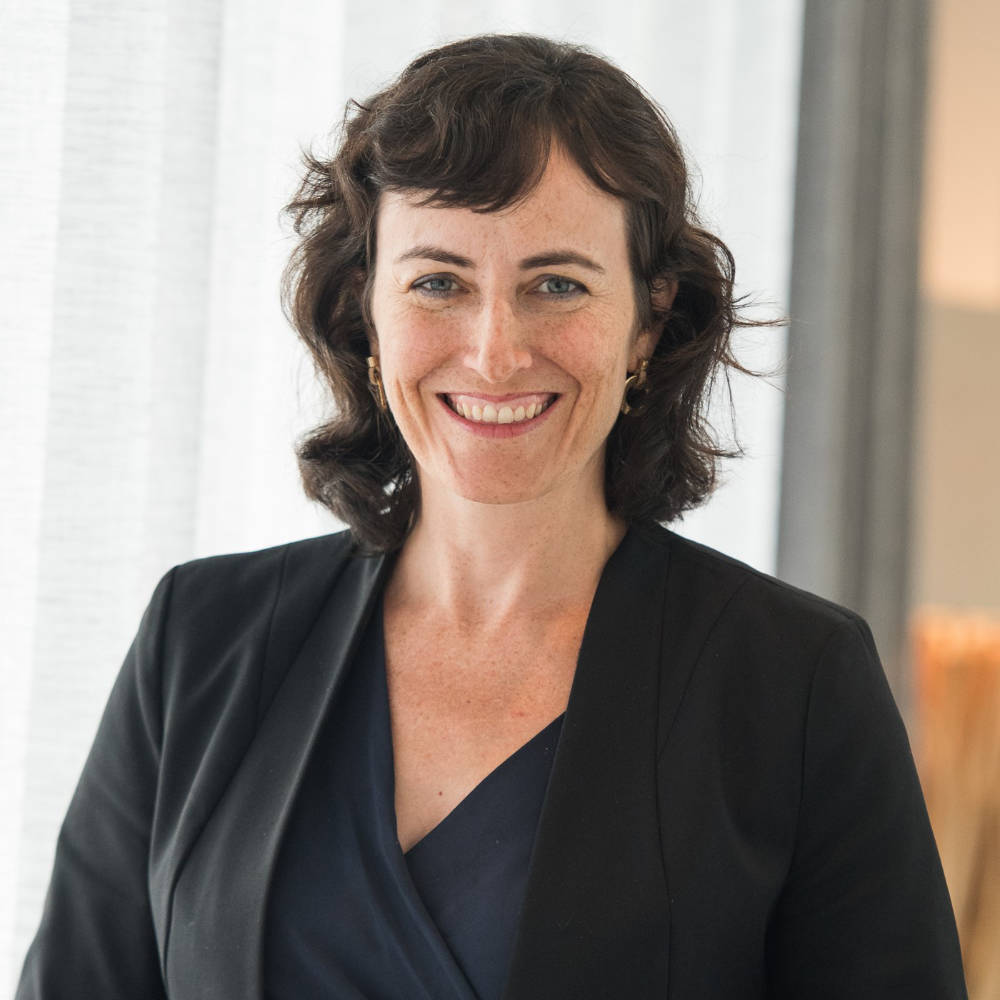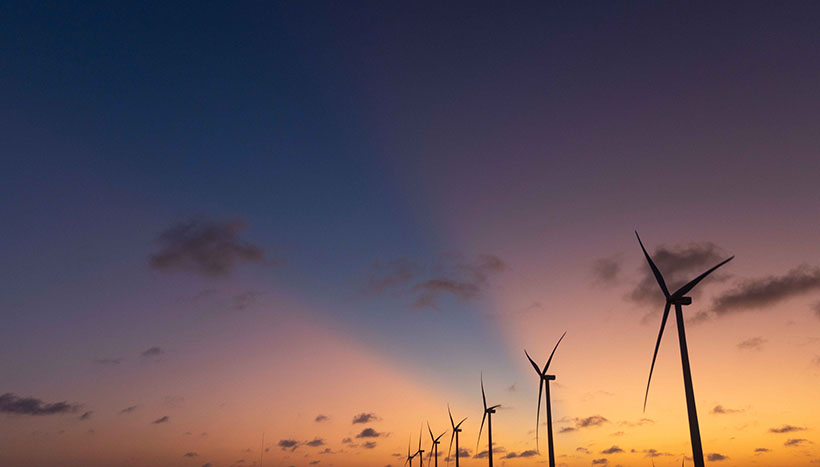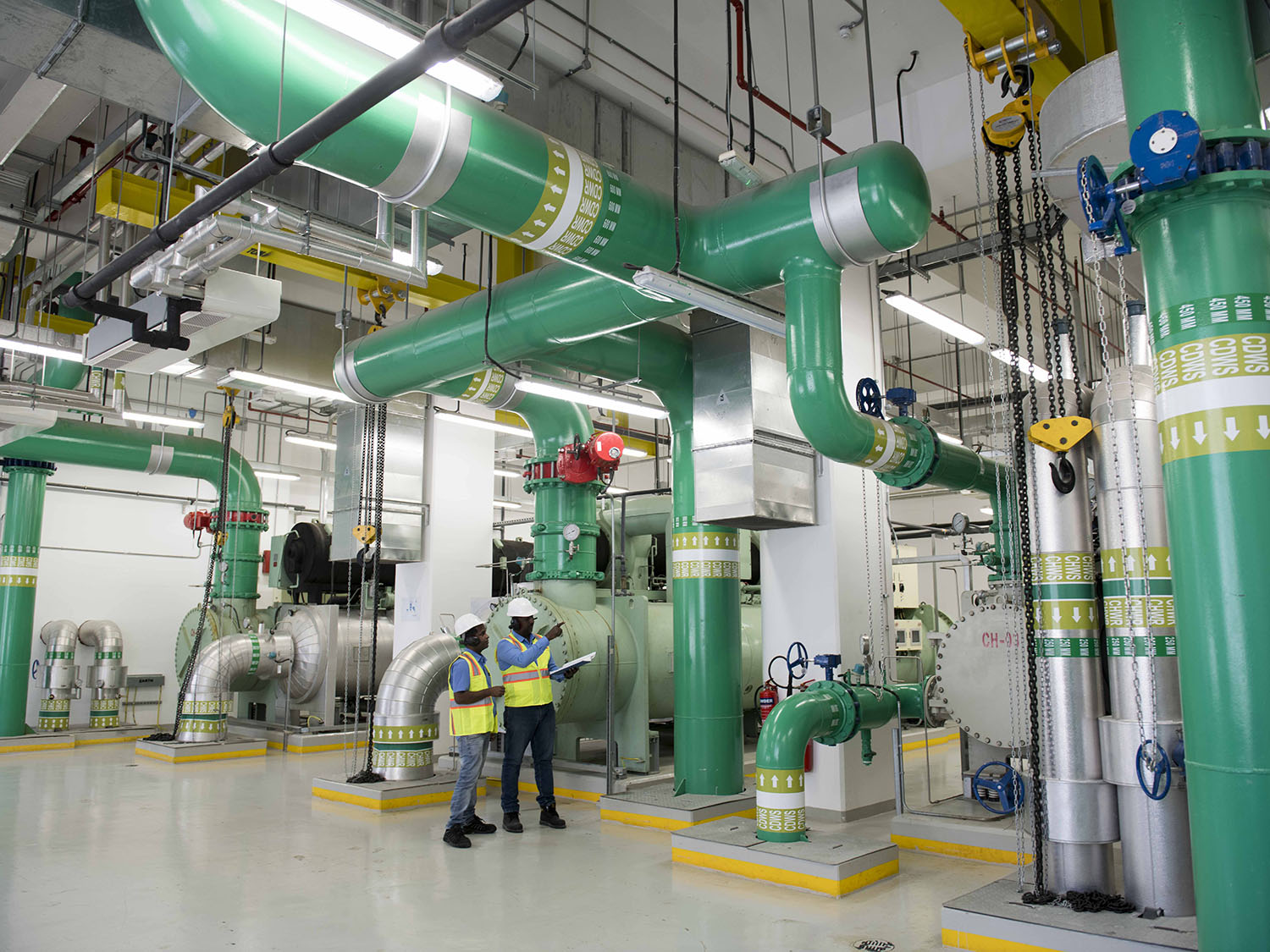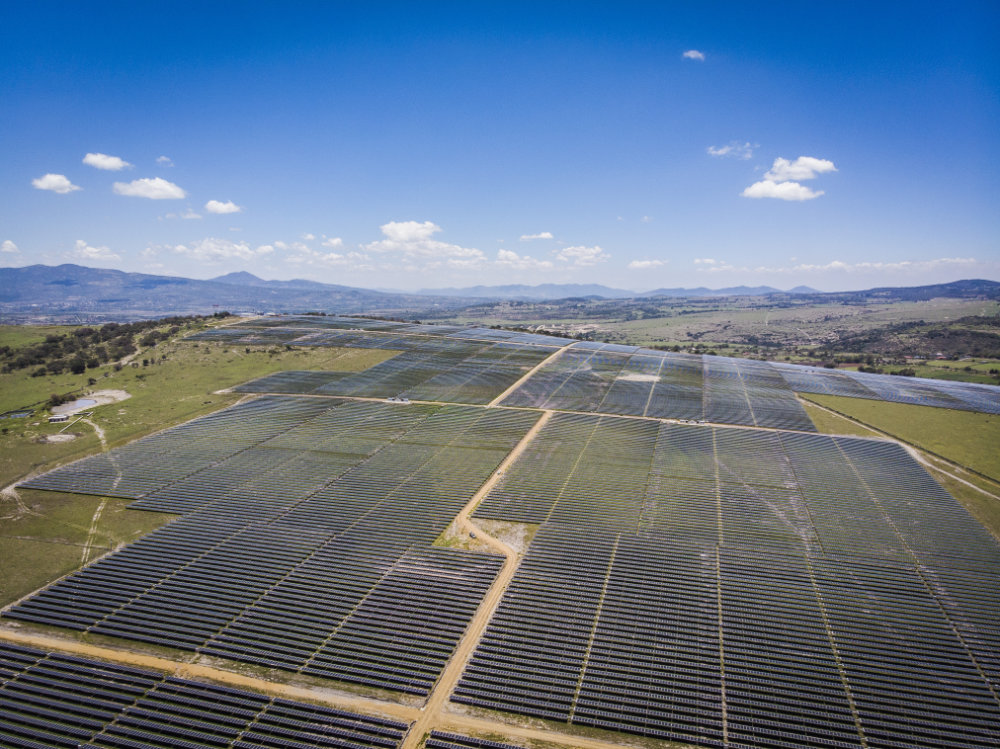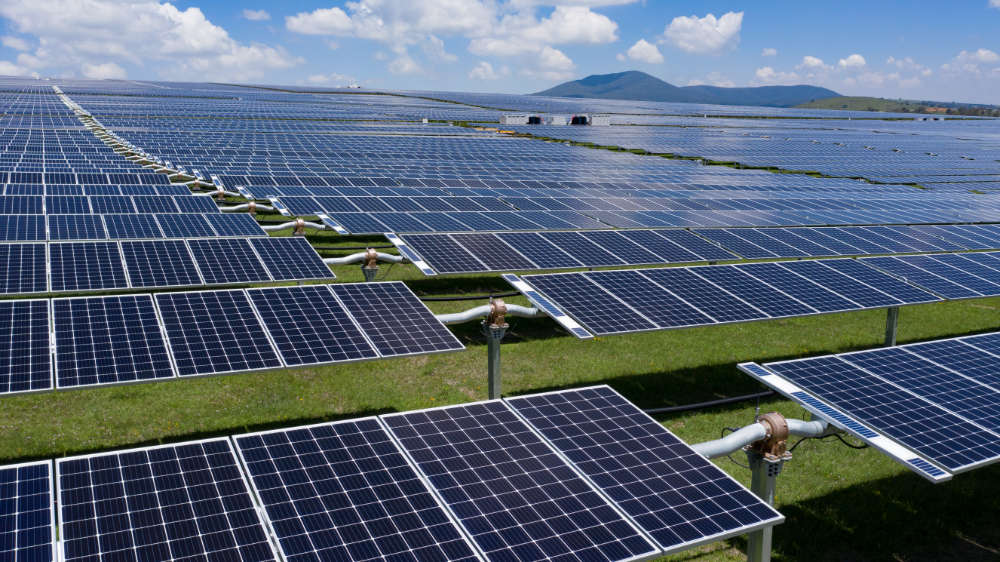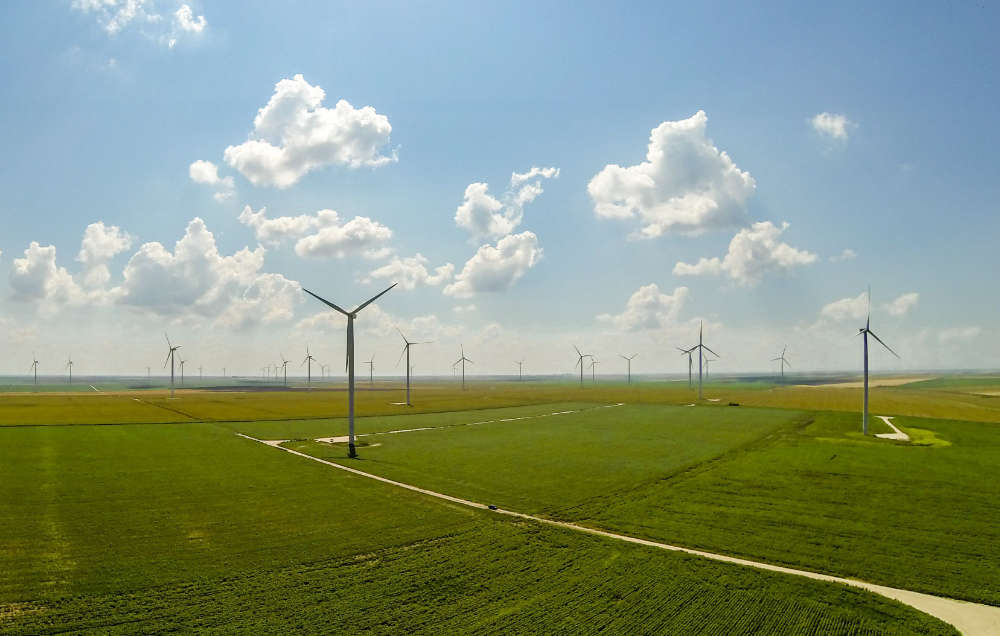Image source: Sustainable Energy for All, “It has to be both” Instagram, 2 June 2021
Nowhere is the Energy Transition vs Energy Access dilemma more acute than Africa. A continent with significant prospects for rapid economic growth but significant parts of it are hugely dependent on fossil fuels, not just for energy but for jobs too. Energy poverty remains high and so what is the experience of companies actually working there? How open do they find communities, governments and other stakeholders to the transition?
Lisa Pinsley, Head of Africa for the Energy Infrastructure team at Actis was joined by Jennifer Boca and Libby Hirshon, the heads of Environmental, Social and Governance at two of its portfolio companies, to discuss the situation.
James Magor: What does the Energy Transition mean on the ground in Africa?
Jennifer Boca: In Africa as a whole, around 570 million people still have no access to electricity. However, we’ve seen progress in access rates across the continent – for example in Kenya where I am from, access rate is at almost 85%, compared to around 20% seven or eight years ago – thanks to both investment in grid-connected power and the huge rise in deployment of off-grid systems.
Unlike industrialised countries faced with the challenge of phasing out coal, the dilemma for many African nations is how we balance the exploitation of new fossil fuel discoveries with the expansion of readily available renewable resources.
Libby Hirshon: In my view, one of the most important aspects is the current level of fossil fuel consumption globally and the associated effects of climate change, which disproportionately impact the poorest and those with the least access to social infrastructure.
But at the same time, in many parts of Africa there’s a significant reliance on extractive industries and the fossil fuel economy for jobs and livelihoods.
So the Energy Transition has to take into account this particular vulnerability in communities across the whole of the continent.
Lisa Pinsley: The Energy Transition, while a global movement, is quite unique in Africa. There’s a huge increase in demand expected over the next 20 years because Africa is starting from such a low level of energy access and per capita power consumption compared to the rest of the world.
But there is also the human aspect: the potential impact in Africa of a new wind farm on the community, the region and indeed the country and its economy can be significant, and the developer of each new plant must carefully engage on all levels. And there is limited fiscal capacity to support initiatives particularly in the wake of COVID-19.
James Magor: With all this huge demand, where will the additional supply come from?
Libby Hirshon: The African continent has an abundant supply of renewable energy in the form of solar, wind, hydro, and geothermal energy. According to this year’s IRENA report on this topic, Africa’s potential to generate renewable energy from existing technologies is 1,000 times greater than its projected demand for electricity in 2040!
Lisa Pinsley: A majority of new capacity will come from renewables. That said, I do believe there’s still a role for new gas-fired generation in Africa in the years up to 2030 as we shift from heavy fuel oil and diesel, and from coal-fired generation.
There will still be a critical need for baseload power and intermittency balancing in the transition to renewables. And while a concerted global response means we can achieve net-zero by 2050, there is a need for gas in the short to medium term across the continent.
Financing will increasingly become an issue for gas projects, which could delay the transition itself, in addition to slowing poverty alleviation efforts based upon increasing access to power.
Jennifer Boca: Since Lekela was set up six years ago, we have been able to develop a gigawatt of renewables across Africa.
In Senegal, we’ve just completed the construction of the first utility scale wind farm in West Africa. This project is hugely exciting for us because it provides a 15% increase in electricity generation capacity for the country, providing power to over two million people.
This is the kind of impactful project that is already happening on the ground. We’ve also seen the delivery of significant renewable projects in Kenya and in Egypt, so the deployment is already happening.
James Magor: We hear a lot about the Just Transition. What does that mean in Africa?
Libby Hirshon: There needs to be a real focus on the benefits that this transition can bring to people in Africa. It is important to recognise that shifting away from a reliance on fossil fuels can negatively impact the most vulnerable.
There also needs to be a focus on capacity building in skills associated with green energy and on transitioning skills from fossil fuel industries into renewables. These considerations need to be carefully planned for and built into any overarching strategies for the transition.
Jennifer Boca: Developing the human capital to build and operate these new renewable power plants is going to be integral to how we achieve the Just Transition. This can help mitigate some of the potential adverse impacts on people and livelihoods.
It’s important we have a sharp focus on developing capacity for industry professionals and for the communities in which we work through offering training, research, innovation and prototyping of ideas in social impact so we can ensure it really is a Just Transformation that doesn’t leave anyone behind.
James Magor: Aside from ensuring the transition is just and equitable, what do you see as the main challenges that need to be overcome in Africa?
Lisa Pinsley: Often where the renewable resources are strongest, the national grids have not been built out to reach those points. So getting the energy that’s produced in remote locations with excellent resources to where the demand centres are requires significant grid buildouts.
In general, financing renewables in Africa isn’t a challenge: plenty of private and public sector equity and debt are available for renewables generation. However, financing for grid build out is constrained by the fact that in Africa transmission is still mostly government-owned and hence requires public sector financing. Sadly the pandemic has used up much of the available fiscal headroom to finance these projects.
Jennifer Boca: I think one of the biggest issues we find is making sure we have a social licence to operate for new renewables projects. We spend a lot of time building trust with communities during development.
We also know land acquisition can be a real showstopper for solar and hydro projects in rural Africa if not undertaken in the right way. Another challenge is high unemployment.
We work with local leadership and other stakeholders to manage expectations and ensure we explain how projects work, how many jobs we are creating and ensuring that the communities also directly benefit from the project.
Libby Hirshon: One of the challenges I think is political stability. There are significant opportunities for investment directly into renewable energy development, but also, and perhaps even more significantly, indirectly into the supply chain.
Expectations of investors in new energy projects are so high – and the risks associated with those expectations are equally as high – that it becomes a very risky context in which to operate. The second is environmental considerations. Africa is rich in biodiversity, but this richness is being rapidly depleted.
A number of renewable energy projects, by their nature, are built within biodiversity-rich environments, providing important ecosystem services and a source of livelihood for local communities.
If we want a Just Transition we need to look at the whole picture – the environment, society, biodiversity, the economy – all at the same time and take them into equal consideration.
James Magor: Could you give me a reason to be cheerful about the transition in Africa?
Jennifer Boca: The economics of renewables – they are substantially cheaper than a couple of years ago. So I feel very positive that we can actually deploy even more.
Transforming the energy system would cost less than not doing so, and hopefully this realisation will get key decision makers moving in the right direction.
Libby Hirshon: The opportunity to put sustainability at the heart of the transition in Africa. In the transition to renewable energy, we have the opportunity incorporate wider sustainability thinking from the beginning, ensuring our approach is equitable, inclusive and creates social value locally.
We have the opportunity to develop something that is truly transformational.
